-

Declining sea-ice is altering Antarctic food webs
Media release11 September 2025A new study shows a significant change in Antarctic phytoplankton over time that could cascade through the marine food web and affect the ocean’s capacity as a carbon sink. -
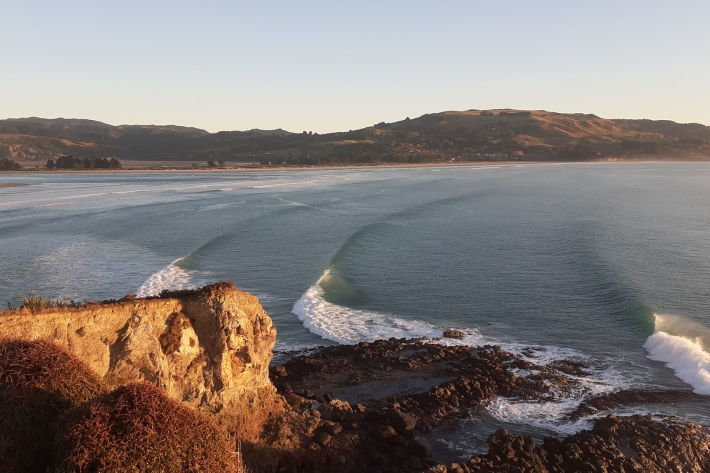
Identification of significant ecological areas for the Otago coastal marine area
News article12 June 2023Long-term protection of Otago’s coastal habitats took a step closer to reality after more than 100 marine Significant Ecological Areas were identified. -
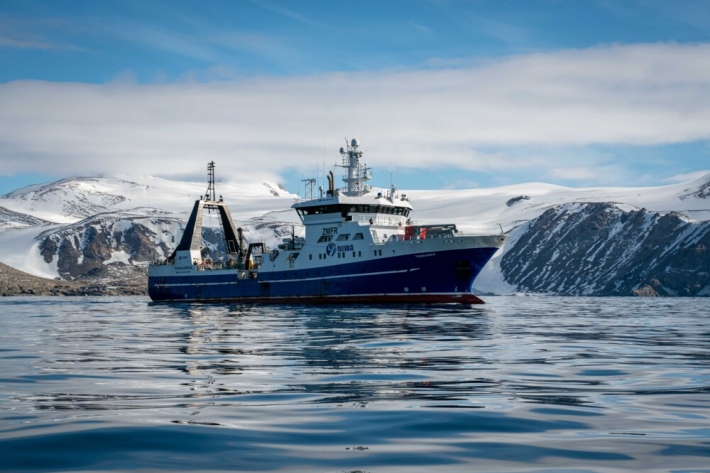
Researchers to unveil Antarctic secrets
Media release11 January 2023As New Zealanders search for the summer sun, 38 researchers and crew will board RV Tangaroa tomorrow for a six-week science voyage deep into the waters of Antarctica. -
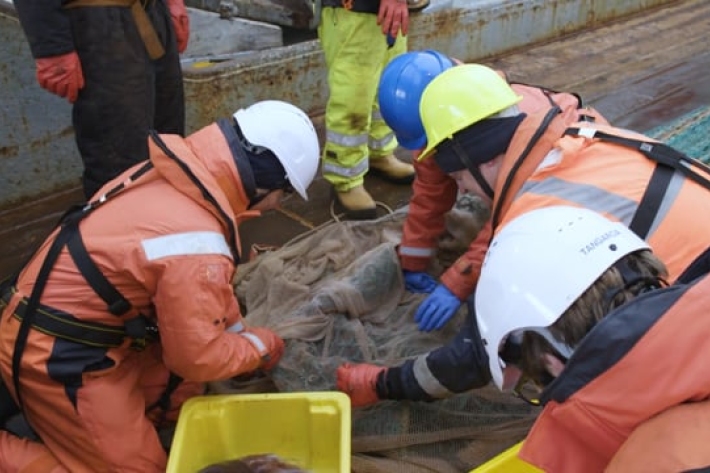
Powering diversity in the Ross Sea
Studying the mesopelagic in the Ross sea -
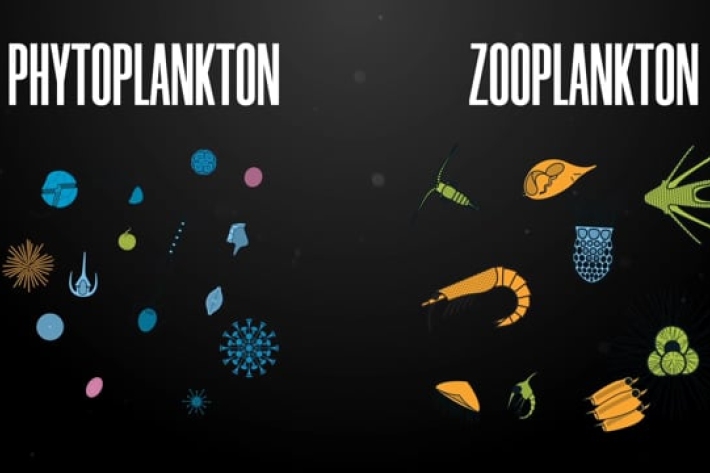
Plankton in the Ross Sea
Follow a group of NIWA scientists investigating various aspects of plankton which are the base of the Antarctic oceans food web. -
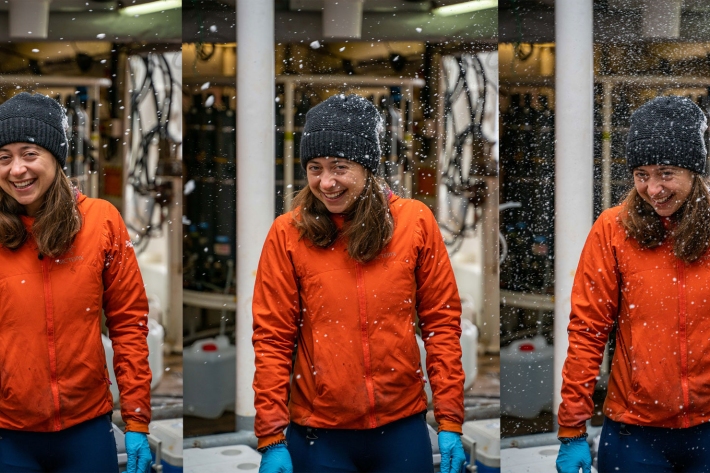
Message in a bottle: Sarah Seabrook
It is interesting to watch all of the pieces of our science story come together with each day’s water sampling and our long term experiments. -
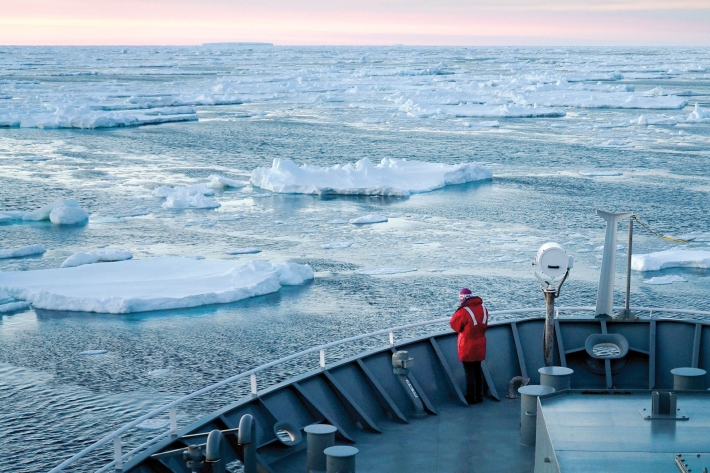
NIWA heads to Antarctica for critical climate, ocean research
Media release08 January 2021NIWA’s flagship research vessel Tangaroa leaves soon on a six-week voyage to Antarctica, making it one of the few full scientific expeditions to the continent since the global outbreak of COVID-19. -
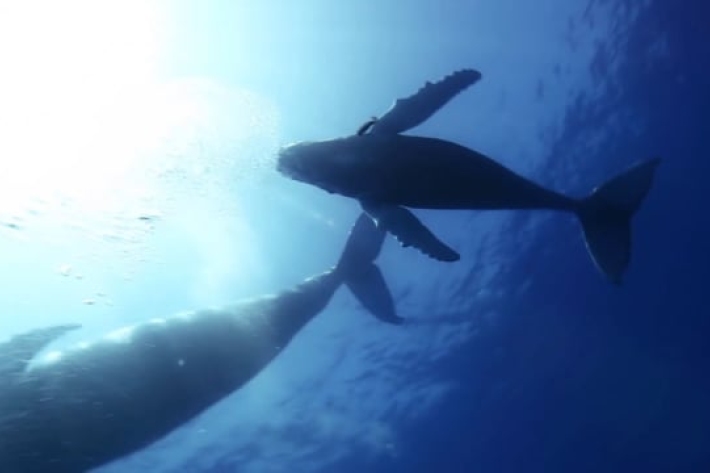
Ocean acidification—what is it?
The on-going rise of carbon dioxide (CO2) in the atmosphere is not only changing our climate—it is also changing our oceans. -
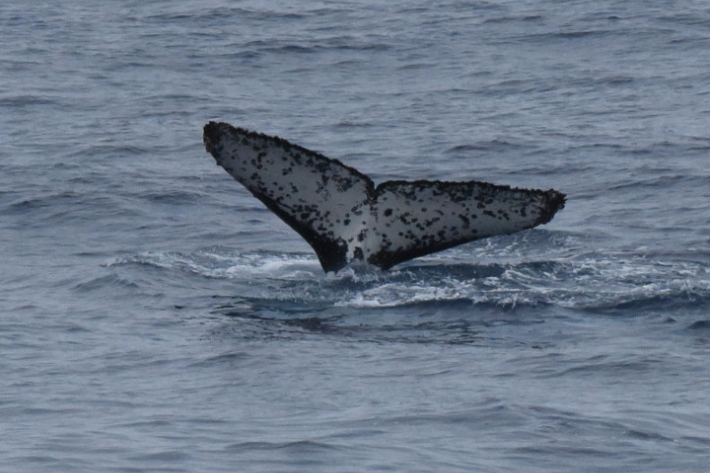
Scientists return from Antarctic voyage
Media release14 February 2019After travelling almost 12,000km in the past six weeks, a group of scientists returns to Wellington at the weekend with new knowledge about life in the Ross Sea of Antarctica. -
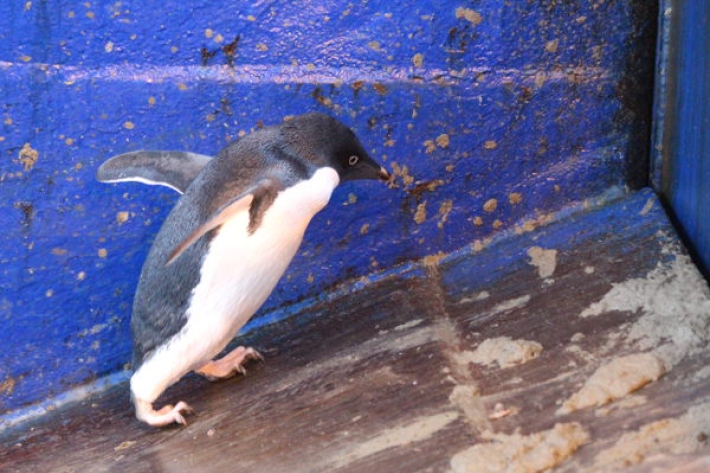
Voyage Update 5: sampling rattails and exploring vulnerable coral habitats in the MPA
3 February 2019. By Voyage Leader Dr Richard O'Driscoll. -
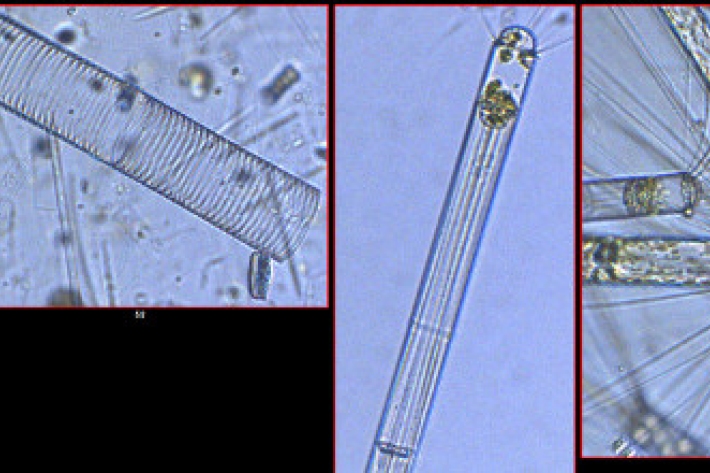
Voyage Update 3: Phytoplankton producers powering the world
23 January 2019. By Voyage Leader Dr Richard O'Driscoll. -
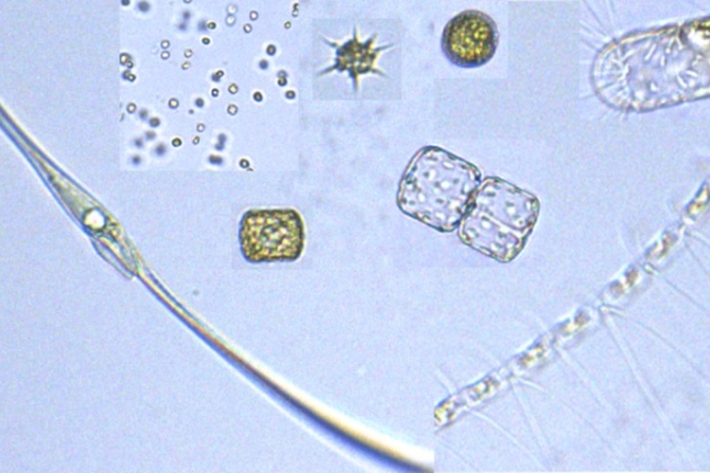
Voyage Update 8. Phytoplankton diversity and production
Phytoplankton: tiny cells with a big job
